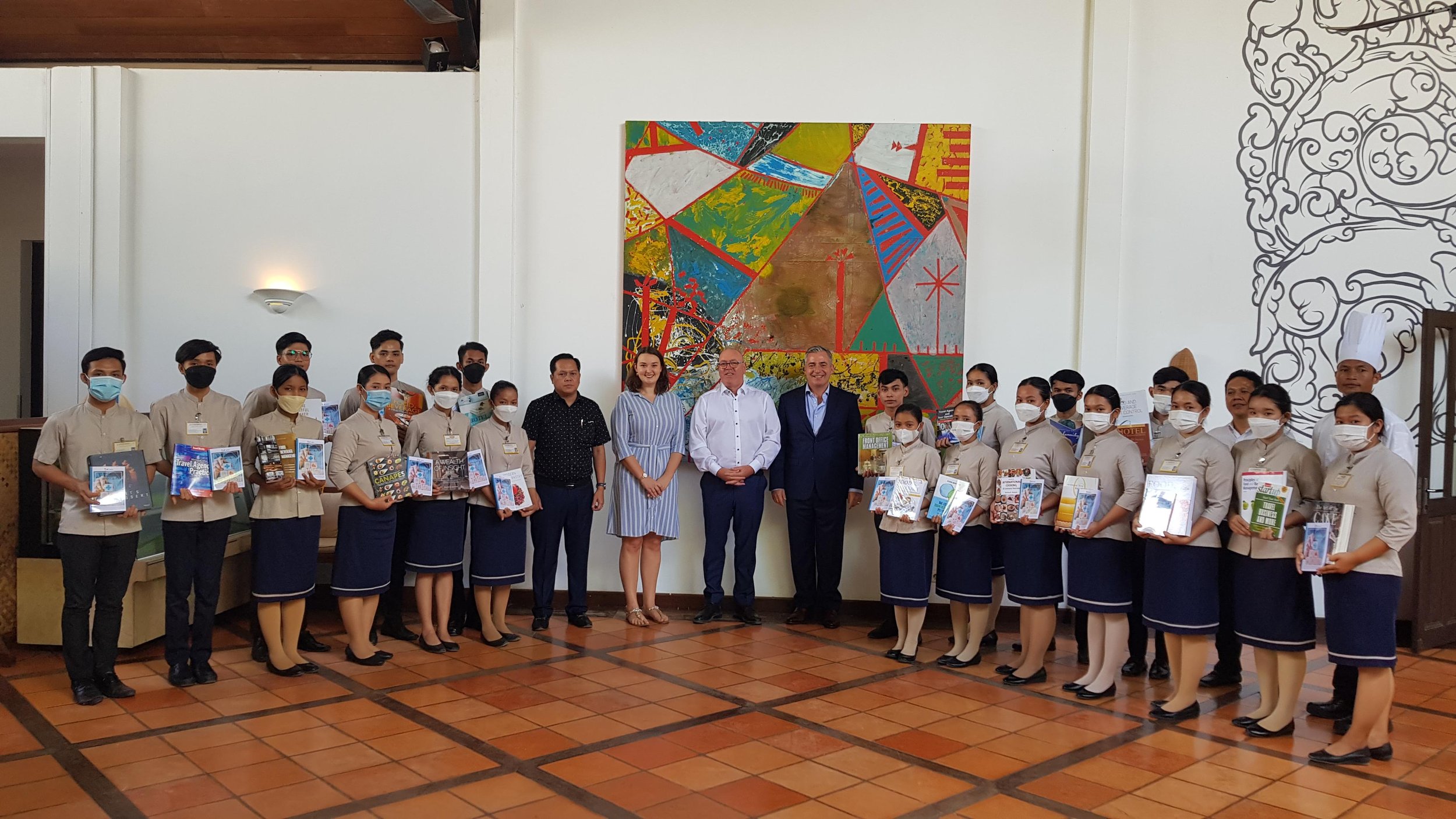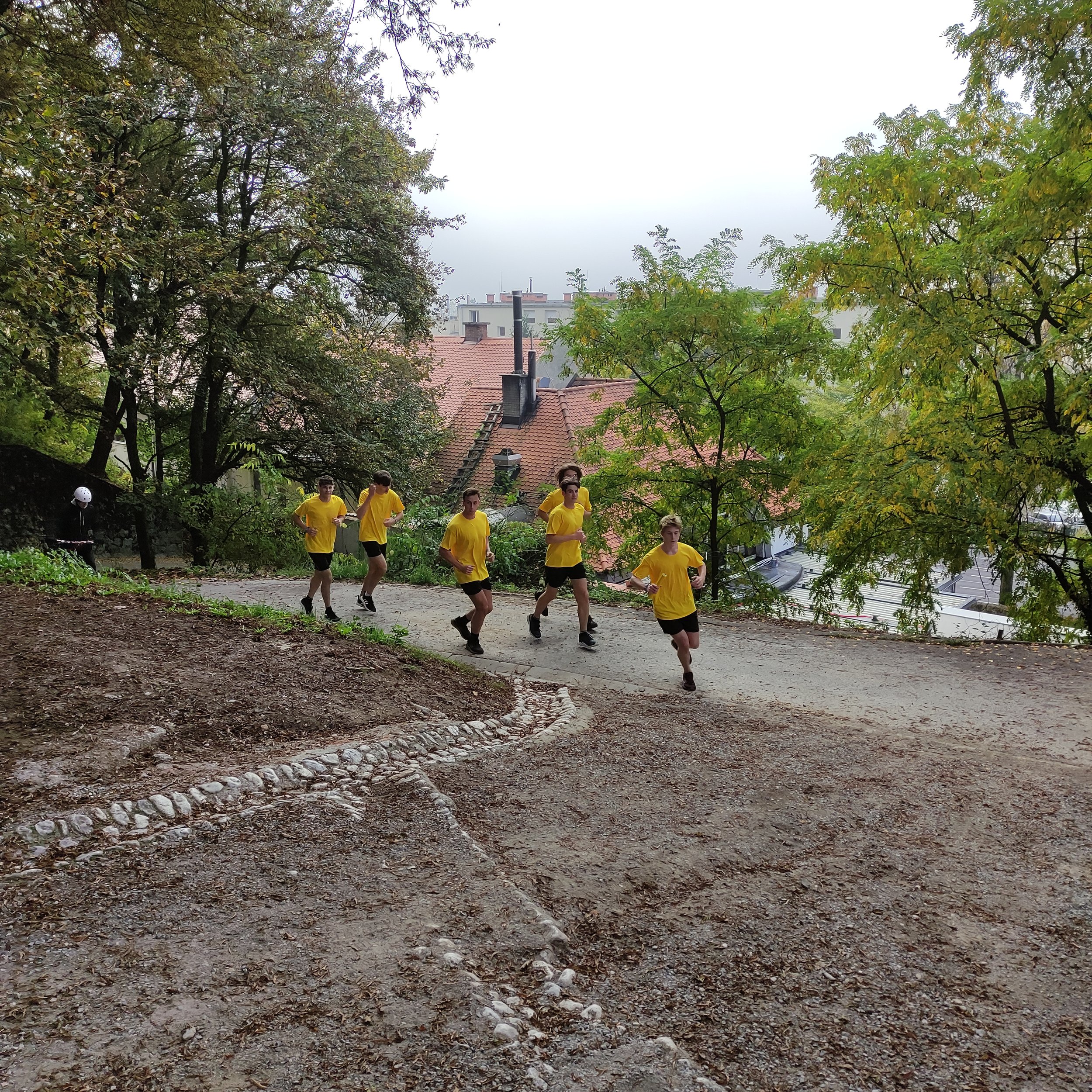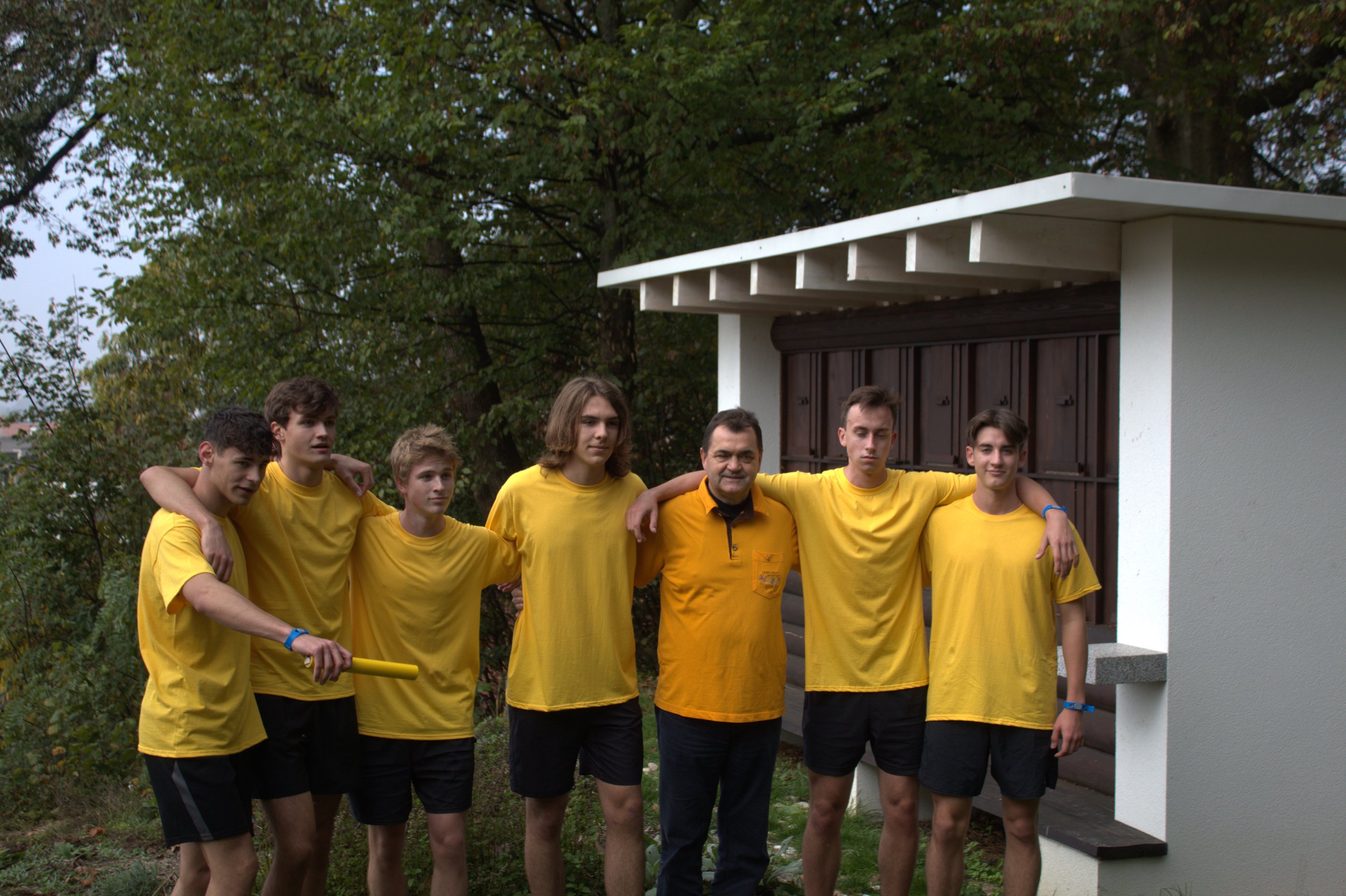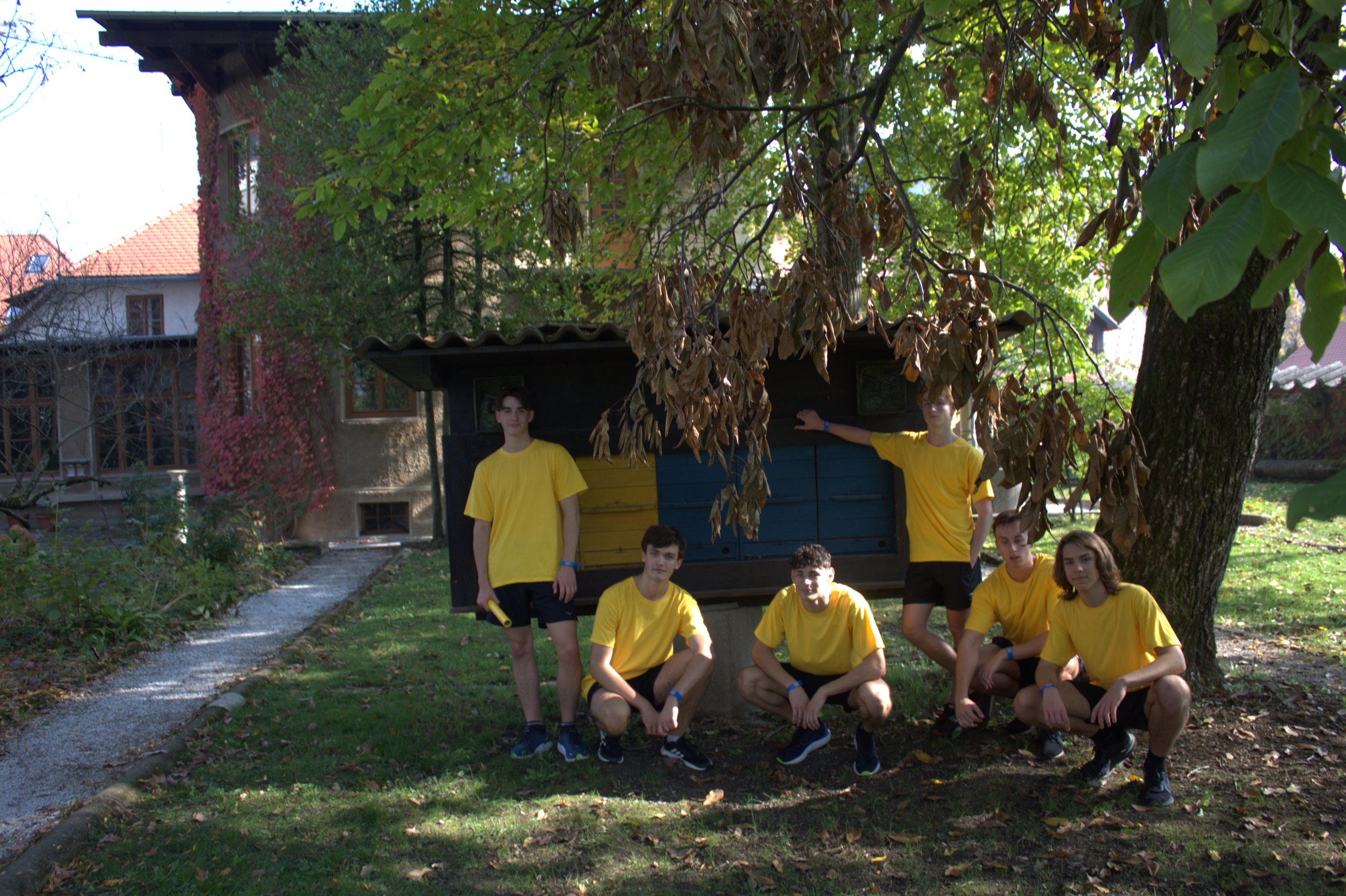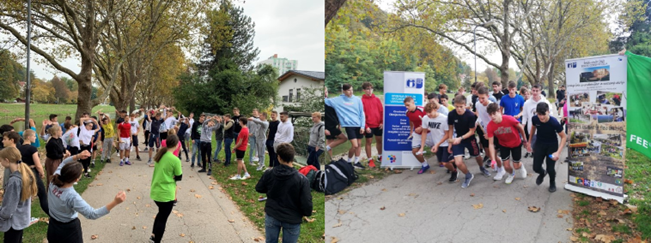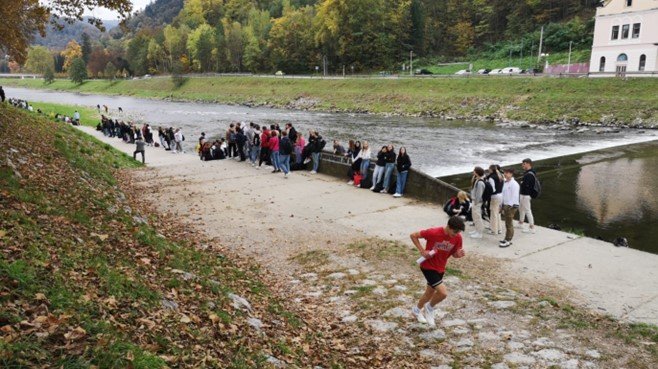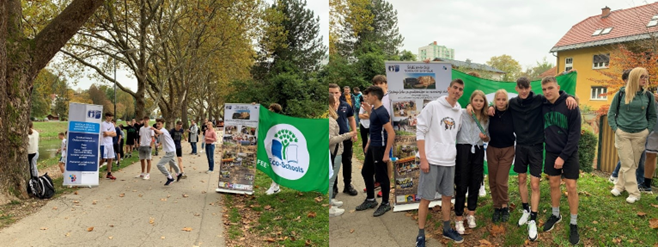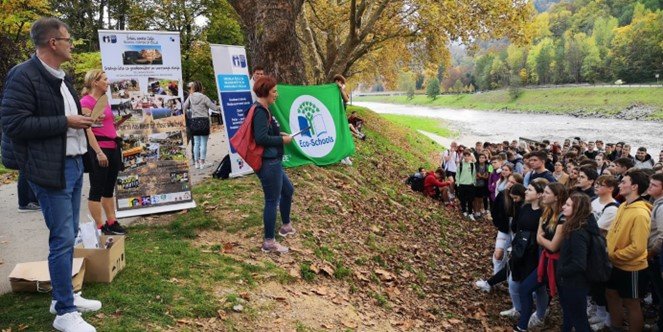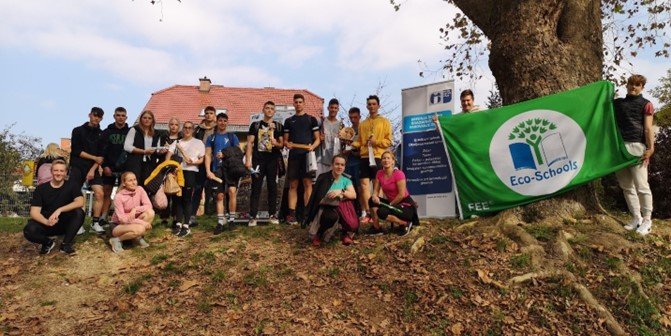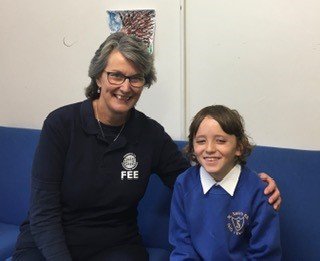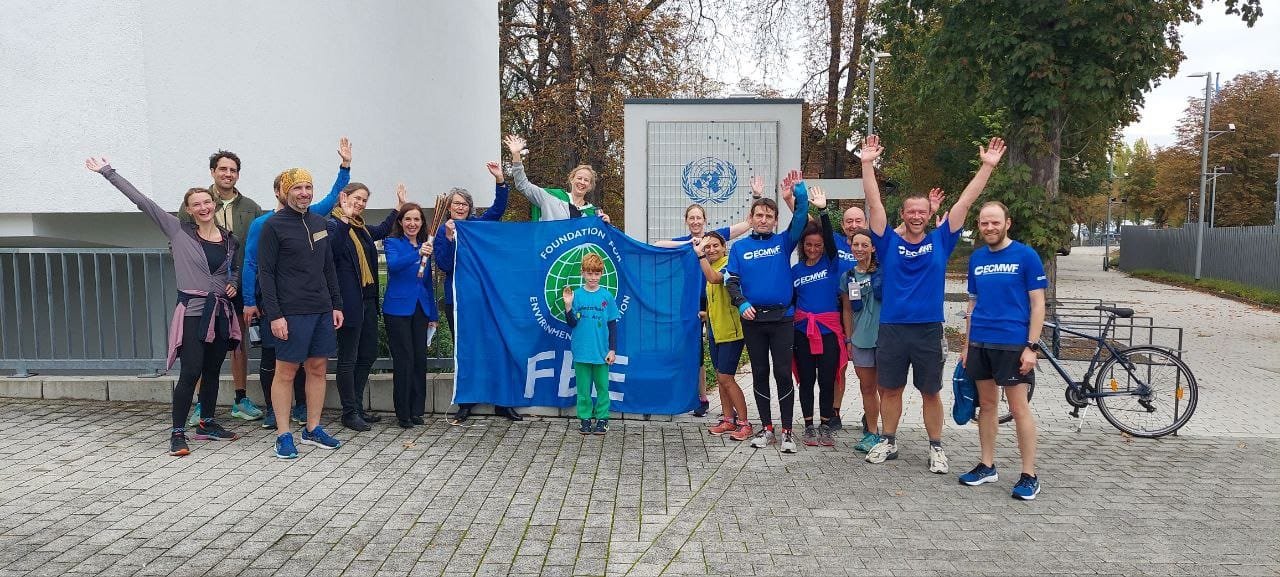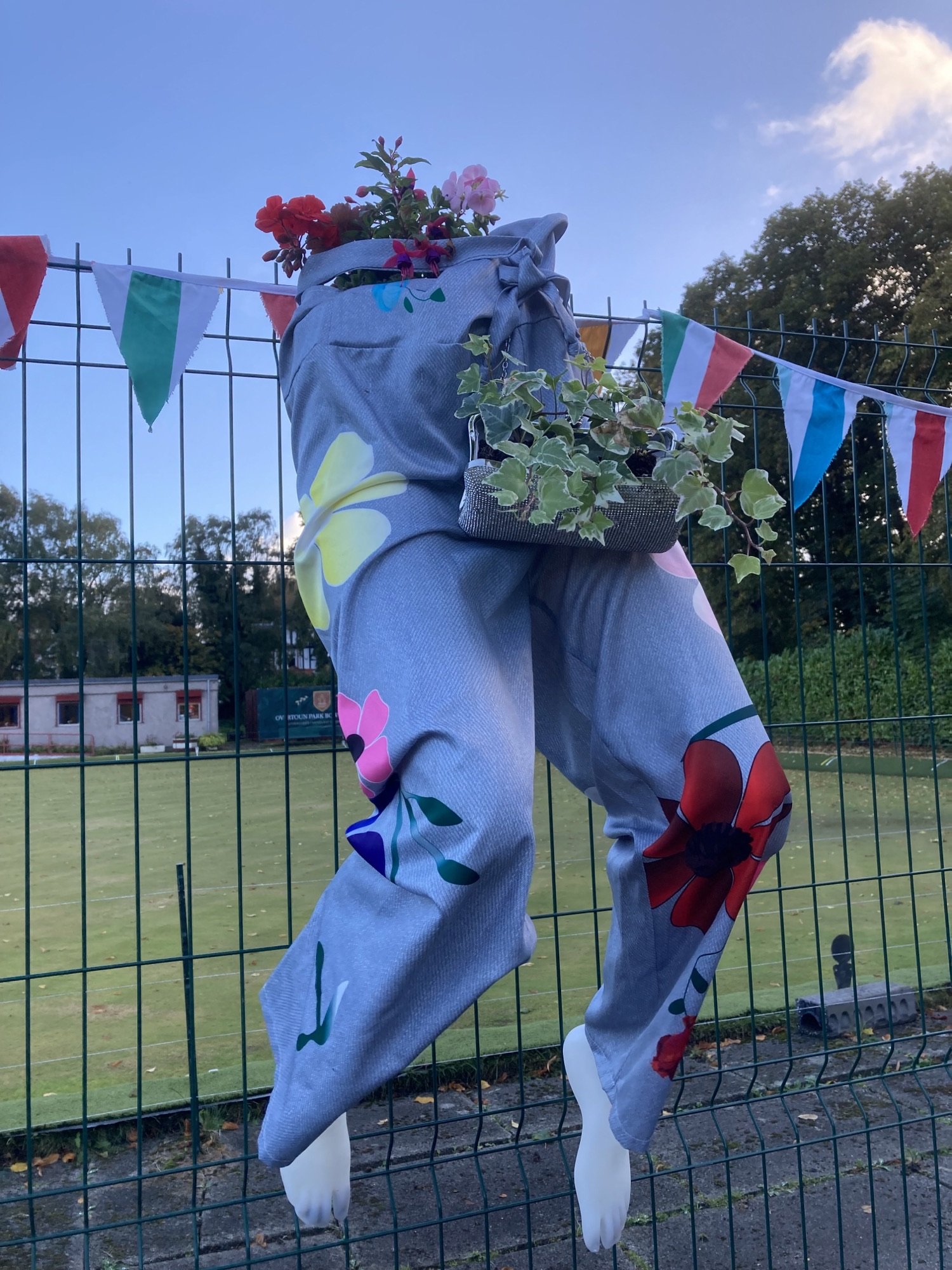The Foundation for Environmental Education (FEE) has signed a cooperation agreement with the Improved Competitiveness of National Enterprises (ICONE) programme of the Deutsche Gesellschaft für Internationale Zusammenarbeit (GIZ) to increase sustainable tourism in Cambodia and develop an eco-certification program for the hospitality sector in the South-East Asian country.
© GIZ
According to the United Nations World Tourism Organization, the tourism industry is recovering fast after the pandemic, with an estimated 700 million tourists travelling internationally between January and September 2022. That equals 65% of international arrivals from pre-pandemic levels in 2019. In Asia and the Pacific, arrivals more than tripled in the first nine months of 2022 compared to 2021.
Cambodia's tourism sector is slowly recovering from the massive impact the Covid-19 pandemic had. For 2022, the Ministry of Tourism expects about 1,6 million arrivals to the Kingdom of Wonders with its unique cultural treasure Angkor Wat. Quality standards and sustainability guidelines are becoming increasingly crucial for rebuilding Cambodia's tourism industry as they can create a competitive advantage for local tourism establishments. Against this background, GIZ's ICONE private sector development program implements various measures to embed sustainable practices along the tourism value chain. The Foundation for Environmental Education (FEE) is a major partner in this endeavour, providing valuable technical support and implementation know-how. Together, the two partners start a new project on 1st December 2022 to introduce two of the most prominent FEE programs to the Cambodian hospitality sector: the Eco-School Initiative and the Green Key Sustainability Certificate.
© GIZ
The Green Key Certificate and Eco-School Initiative are vital instruments to enhance awareness about sustainability among the various stakeholders in the tourism and hospitality sector. Under the cooperation, staff from vocational training schools, their students, and personnel and managers from the tourism and hospitality industry will be trained and supported to implement sustainability measures, including the Green Key certification. The joint project of GIZ ICONE and FEE ultimately aims to facilitate long-term structural change by, for example, ensuring that sustainability is embedded into the existing school curricula. Therefore, the project will support three hospitality schools in Cambodia to modify and expand their Common ASEAN Tourism Curriculum (CATC) to integrate special courses on sustainability and climate action. The revision and adaptation of existing courses and teaching materials, together with the training of teaching staff, will ensure that up-to-date knowledge about sustainable and eco-friendly tourism is available to future generations of students and the Cambodian tourism industry at large.
Additionally, all three schools will be invited and supported to join the Eco-School Initiative. Training for teachers will be provided, and concepts, measures, and guidelines to transform into an Eco-School shall be jointly developed with FEE. The CEO of FEE, Daniel Schaffer, is excited about introducing the Eco School Initiative to Cambodia:
"Raising awareness on sustainable development and improving the strategies of the tourism and hospitality sector to develop a higher level of sustainability comes at a crucial time. It is vital to integrate climate education into national school curricula. We must ensure that everyone, both young and old, is equipped with the necessary tools and knowledge to deal with climate change. That goes without saying also for hospitality schools and stakeholders from the tourism sector."
At the same time, the internationally acknowledged sustainability label Green Key represents a unique opportunity for Cambodia's tourism and hospitality sector to reinvent itself as a provider of high-quality, sustainable and eco-friendly tourism products. This is why one of the hospitality schools will be qualified as a pre-auditor to consult companies from the hospitality and tourism sector on the certification requirements and help prepare for the subsequent audit by a certifying body. GIZ ICONE will support the label's introduction to the Cambodian market by screening local market demand and developing a communication strategy for sustainability certification and the Green Key program. FEE will help evaluate the applicants in Cambodia and organize workshops and conferences on sustainability in tourism and hospitality. The events will also be open to individuals and organizations from other South-East Asian countries. Dr Stefan Hanselmann, director of GIZ ICONE, points out:
"Pandemics change perceptions. Travellers are now looking for offers that focus on authenticity, adventure, nature. A sustainability-based approach will help preserve Cambodia's natural resources and tourism assets. It will give travellers an authentic experience. With FEE and its Green Key Certificate and Eco-School Initiative, we have the right partner and excellent tools to promote sustainability in Cambodia's tourism and hospitality sector.



